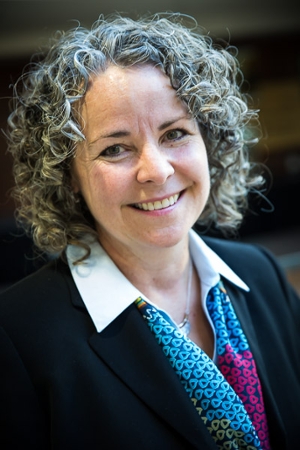
Author: Lauren Clark, R.N., Ph.D.
Although undocumented residents comprise an estimated 28 percent of the foreign-born U.S. population, their care is less costly and their use of emergency services less frequent than their native-born counterparts. That’s not necessarily good news. Undocumented residents may avoid seeking health care because they are twice as likely to be uninsured or because they fear surveillance or deportation when accessing health services. Their absence from the health care arena partially explains undocumented residents’ health care disparities. “Nurses have an ethical responsibility to advocate for undocumented individuals’ access to care,” wrote Lauren Clark, Ph.D., FAAN, University of Utah professor of nursing and co-author of a piece examining the issue of health care for undocumented residents. “Advocacy might include assuring a qualified interpreter is present for care. Sometimes advocacy is listening to a person’s life experience and humanizing their care during that encounter.” Clark conducted the study with colleagues at the University of South Carolina and University of Arizona.